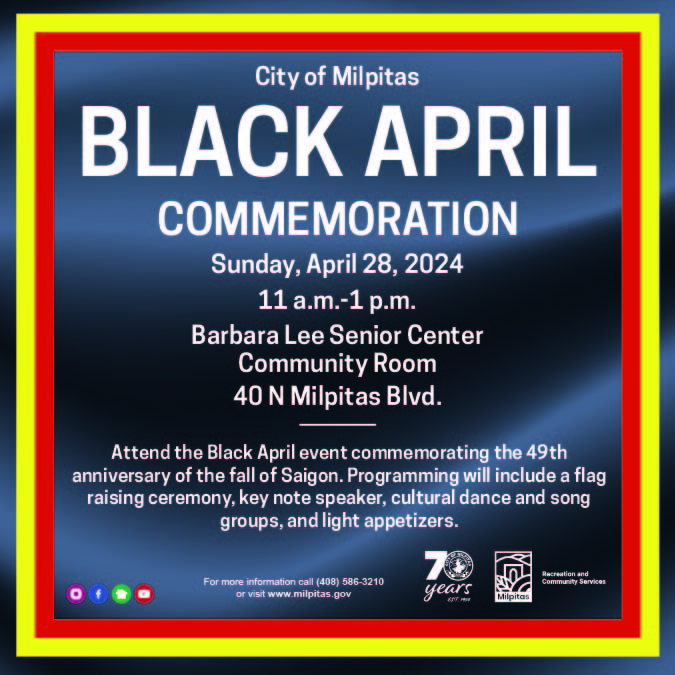Late in 2018, then California Governor Jerry Brown signed SB10 into law, outlawing cash bail for criminal defendants in the state. The law puts bail agents across California in jeopardy, not to mention those around the country — if what California’s doing catches on. Nationwide, the bail industry collects $3 billion annually, so needless to say, they have a lot to fight for.
SB10’s origins stem from a will to foster greater equality in the justice system. The American Civil Liberties Union (ACLU) reported as recently as 2017 that racial biases exist when it comes to deciding who pays bail and who gets to skip it, in addition to at what number the bail is set. Moreover, when stuck in jail, suspects run the risk of getting fired from their jobs, and lose chances to assist in their own defenses.
The bail industry pushed back against the law. Whereas it was originally supposed to take hold in January, 2019, it’s been subject to a referendum, meaning it’ll be brought before the voters as part of November, 2020’s election ballot.
California’s attempts to rethink bail are not unique in the United States. New Jersey, too, has taken action, despite concerns about higher crime rates and less defendants showing up in court. New Jersey’s state courts reported after their own law’s passage that such concerns had proven unwarranted.
Jeff Stanley, however, has a different perspective. Stanley’s the owner of Bad Boys Bail Bonds, which puts him among 3,000-plus bail bondsmen operating in California. Founded in 1998, his company offers services throughout California. In an interview with The Milpitas Beat, Stanley mentioned letters that he’s received from a New Jersey assemblymember, a Democrat who voted for their state’s anti-bail law. According to the assemblymember, the outcomes have not only been disastrous, but he wishes he had never signed in favor of the bill.
“Bail’s been around for the ages,” said Stanley. “Bail works, bail makes sense.”
Like others in his industry, Stanley was relieved by the referendum, but he’ll be working hard between now and November, 2020, to ensure that the public votes in his industry’s favor: “SB10 has been stopped, and we’re taking it to the voters.”
In contrast with the ACLU, Stanley traces the origins of SB10 not to buried racial imbalances, but to other accrued imbalances within the justice system. He explained how due to defendants’ consistent failure to appear in court, and the resulting outcries from victims’ rights organizations citing higher rates of crime, judges got into the habit of increasing bail. As a result, more defendants have ended up lingering in jail, as it’s too expensive for them to get out — a pattern which Stanley himself has disliked seeing:
“Our industry has fought, believe it or not, to lower the bail schedule,” Stanley explained.
Addressing another concern that led to SB10’s formation, the notion that bail is unfair to poor people, Stanley said, “Rich people aren’t getting arrested.” He then said you could count the amount of millionaires in Santa Clara County Jail “on one hand.”
“It’s not like our law enforcement is going out and arresting people because they’re poor. They’re arresting people because they’re committing crimes,” Stanley added.
He went on to cite higher rates of crime in poor neighborhoods, which are part of a vicious cycle when it comes to poor people being released from jail back into their own communities. “The recidivism rate is extremely high for crime.”
To Stanley’s mind, overall, SB10 has less to do with aiding disadvantaged defendants than it does with sheer union empowerment. Concerned about the new law’s passage, he attended various committee meetings and saw many Service Employees International Union (SEIU) members in attendance. “They make it very visible by wearing these purple shirts,” he pointed out.
Should the law get past the voters next November, those who commit nonviolent misdemeanors will be able to go home from jail within 12 hours of being booked. As for all other defendants, they’ll be subject to what’s called preventive detention — meaning judges will have direct power when it comes to setting the terms of their releases. Some who oppose the law have aired concerns about judges mishandling or abusing their new powers. Of related concern is a dawning risk assessment-based bail system, whereby defendants would be deemed either low, medium, or high flight risks, in the course of establishing their likelihood of making it to court.
But for Stanley and others in the bail industry, what’s at stake is broader:
“It’s bad for me, but it’s bad for the State of California,” Stanley said, forecasting a high increase in crime. “We’re gonna turn California into a giant Detroit.”
On a daily basis, he said, he gets emails from New Jersey about individuals who commit crimes during their pretrial release phases: “There’s no accountability. Also it’s demoralizing to our police departments around the state.”
Meanwhile, Stanley underlines his company’s active interest in lowering crime. Absent a monetary incentive, Bad Boys Bail Bonds regularly hands out pamphlets about rehabilitation services, some of which are state-funded.
“Most of our bonds are done on credit. People make payments,” he added. “We make sure they [the defendants] make it to court.”
This, Stanley explains, is the entire function of bail, and he believes it should be up to the voters to take or leave it: “That’s who should be making this decision. The people who have to live with it daily.”









